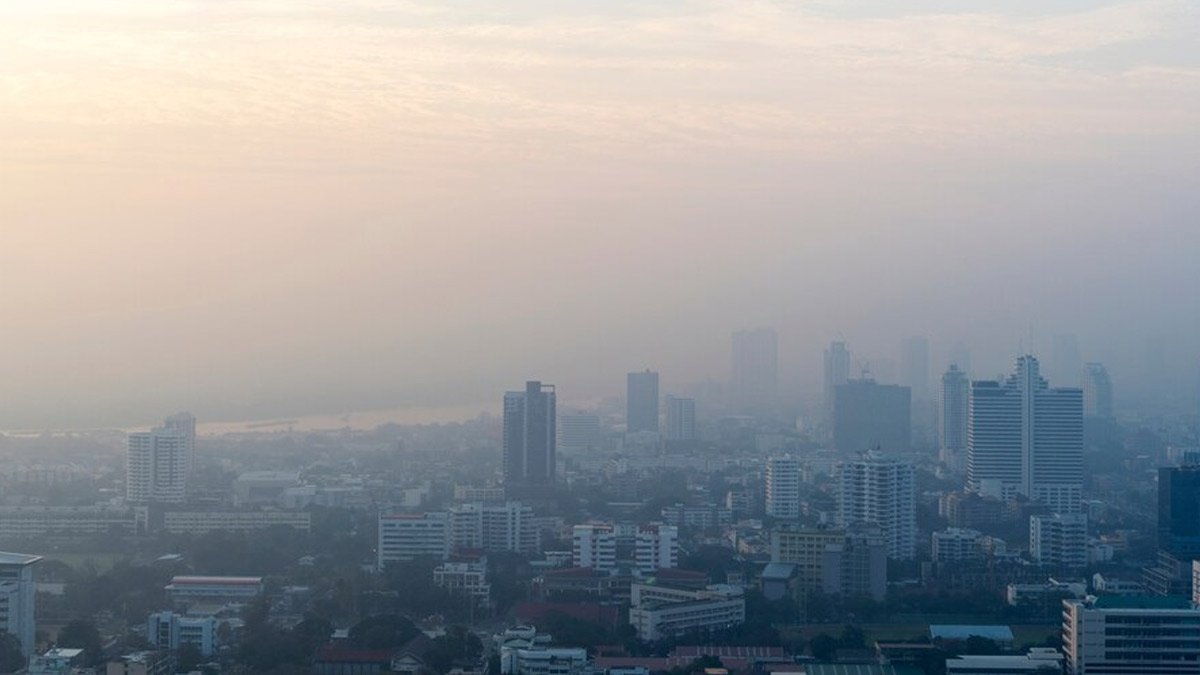
Air pollution has been on an unprecedented high, triggering a huge spike in respiratory and cardiovascular issues, filling up the emergency wards of hospitals.
However, the impact of such hazardous levels of air pollution extends beyond the lungs and heart. A recent study conducted by researchers from Rutgers University revealed that air pollution can also hurt reproductive health.
Impact Of Air Pollution On Reproductive Health

When the researchers assessed the markers that signified a healthy reproductive development in infancy, they found that certain pollutants that are prevalent nowadays negatively altered the anogenital distance. As per an overview published in the Encyclopedia of Reproduction, 2018, the anogenital distance is the distance from the anus to the genitals, and its anatomy is a measure of prenatal exposure to hormones like androgens and is associated with semen quality, fertility, and reproductive disorders.
Commenting on the findings, the lead author of the study, Emily Barrett, Professor, Department of Biostatistics and Epidemiology, Rutgers School of Public Health said, "These findings suggest air pollution may interfere with normal hormone activity during critical periods of prenatal and early infant development, and we suspect that disruption may have long-term consequences for reproductive health.”
Also Read: Asthma And COPD Cases Up By 50% In Delhi: Experts Cite Increasing Air Pollution As The Cause

The study published in the journal Environmental Health Perspectives stated that when anogenital distance is reduced in male offspring, it's a signifier that the fetus was exposed to toxins that interfered with its testosterone production in the uterus. When assessing this link, the researchers studied the exposure of the fetuses to nitrogen dioxide and fine particulate matter released due to the burning of gasoline, oil, diesel and wood.
One instance found that when the male fetus was exposed to such pollution at the end of the first trimester, it led to a huge surge of hormones, causing a shorter anogenital length at birth.
The researchers also found that higher particulate matter during early infancy when hormone production is high, led to a shorter anogenital distance in males at age one.
Also Read: Delhiites Can Lose 11.9 Years Of Their Life, Thanks To The Deadly Clutch Of Air Pollution: Study
Concluding her comments on the results, Barrett said, “Particulate matter is like a trojan horse that can carry metals such as cadmium and lead, known endocrine disruptors. When these disruptors interfere with the body's hormones, the result could be lifelong impacts on our health, from cancer risks to impaired ability to conceive a child."
Thus, everyone, especially pregnant and postpartum women needs to safeguard themselves and their children from air pollution, as it can seriously damage the reproductive abilities of your child.







